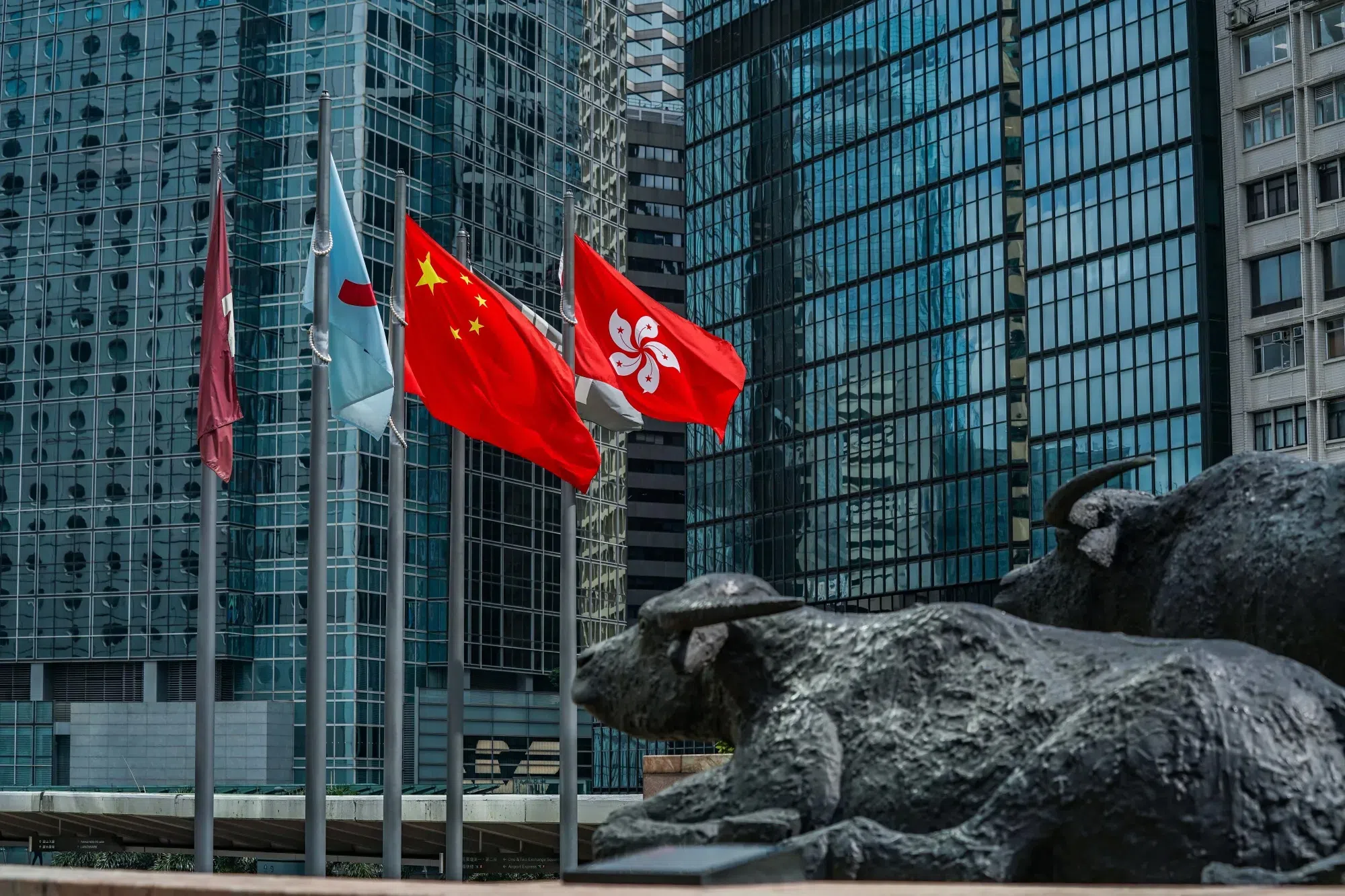CHINA has effectively banned domestic investors from buying offshore yuan bonds issued by local government financing vehicles through its trading link with Hong Kong, according to people familiar with the matter, in the latest move to contain risks from the debt-laden sector.
The People’s Bank of China has asked the country’s brokerages and banks to suspend purchases of LGFVs’ so-called dim sum bonds via the Bond Connect, a programme that links the mainland and Hong Kong debt markets, said the people, who asked not to be named discussing a private matter. The people did not offer further details or say when such buying may resume.
The PBOC did not immediately respond to a request seeking comment.
While details of the PBOC’s motivation are unclear, the move follows recent policy efforts to curb risks from LGFVs that borrowed heavily during China’s previous infrastructure booms and are now considered a potential threat to financial stability. It also comes after Beijing gave local governments a 10 trillion yuan (S$1.8 trillion) lifeline earlier this month to swap hidden debt that is mostly owed by LGFVs.
Local authorities have been struggling to service their liabilities as an unprecedented property crisis wiped out land sales they relied on for revenue. Officials said earlier this month that the outstanding value of hidden local debt was 14.3 trillion yuan as of the end of 2023, far short of the International Monetary Fund’s estimate of at about 60 trillion yuan.
The Bond Connect, which also grants global investors access to China’s vast onshore debt market, has been a popular channel for mainland investors to purchase dim sum bonds, including those issued by LGFVs.
BT in your inbox
Start and end each day with the latest news stories and analyses delivered straight to your inbox.
It’s unclear whether onshore investors can still purchase LGFVs’ dim sum notes via other channels such as the Qualified Domestic Institutional Investors scheme.
Sales of corporate dim sum bonds, excluding certificates of deposit, have jumped to 392 billion yuan this year, the highest since Bloomberg started compiling such data since 2007. LGFVs account for about 40 per cent of the total issuance this year.
The average coupon of LGFV dim sum bonds issued this year is around 5.8 per cent, more than 300 basis points above that of their notes sold onshore, according to Bloomberg-compiled data.
Bloomberg News reported earlier this year that China’s securities regulator asked some investors to refrain from increasing their exposure to US dollar bonds with tenors of less than a year issued by LGFVs. BLOOMBERG







